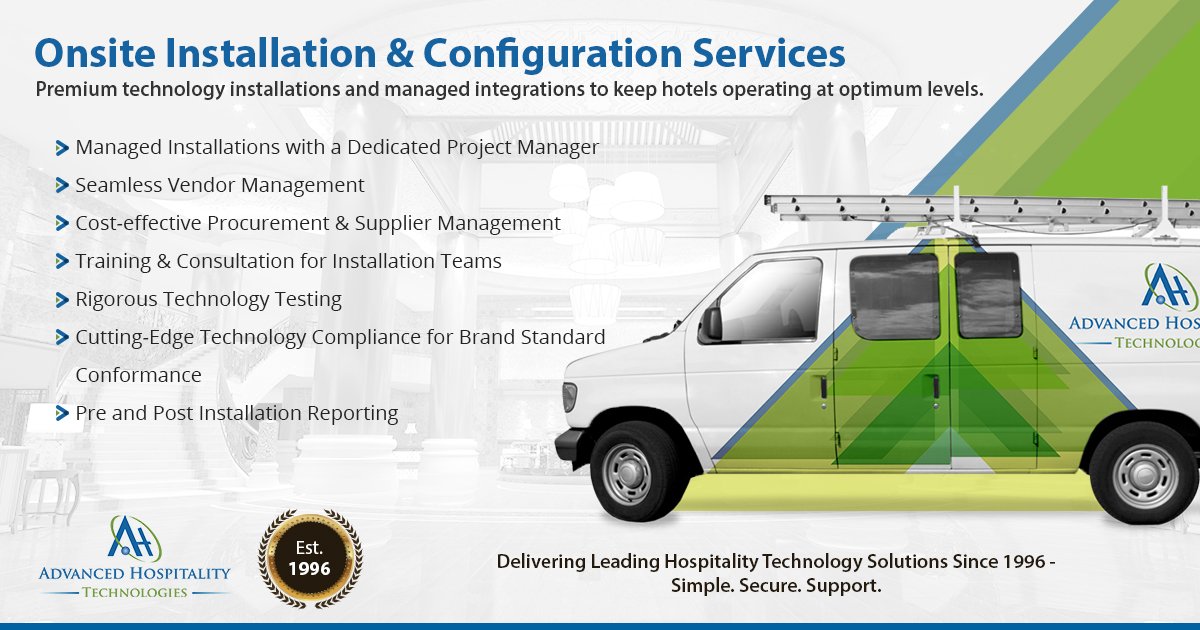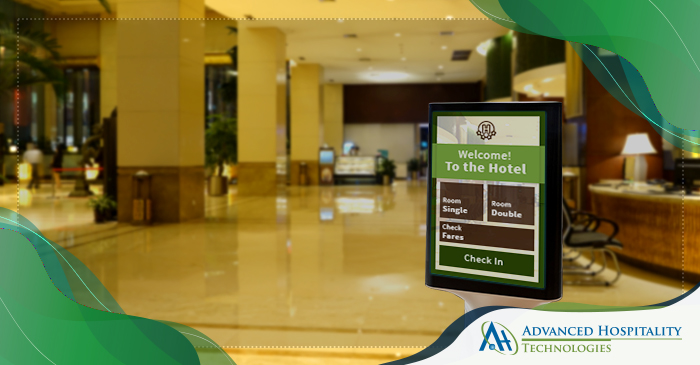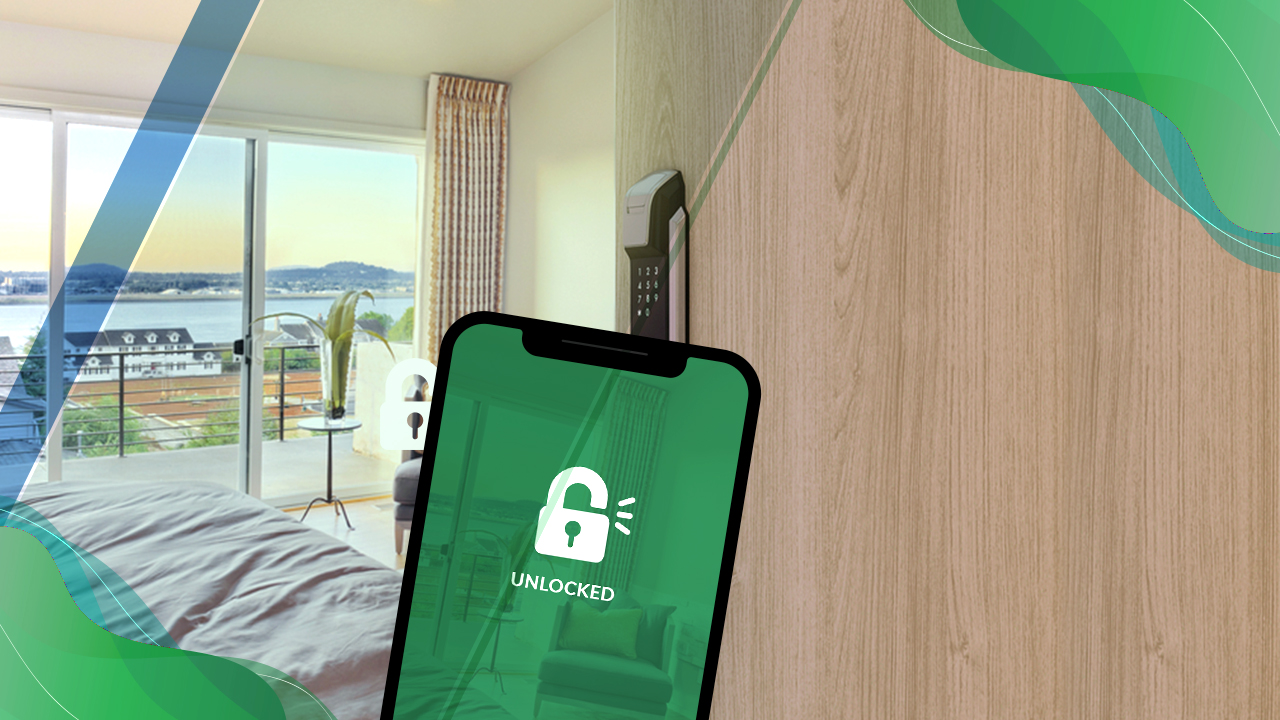The United States hotel industry is going through a phenomenal “renaissance” of sorts with global tourism on the rise. Massive investments into property renovations, new builds, and technology integrations means the hospitality industry is reshaping itself to cater to the modern tech-savvy traveler.
Technology investments don’t necessarily have to be flamboyant, but more precise and calculated. Investing in tools that guests demand in daily life is a great idea to attract more travelers, deliver quicker services, personalized guest experiences, and make considerable cost savings. In our interview with hospitality management professional M. Shoaib Ziaee, he emphasized that hotel technology brings significant “competitive advantage at hotels.”
Let’s look at the most anticipated technology investments that will help hotel businesses define their service offerings in the coming year.
Mobility Tools
Smartphone technology has simply baffled service delivery businesses with its limitless possibilities across the world. Hospitality businesses are fast integrating mobility tools for staff and guest mobile solutions in assets.
Mobile guest apps have proven to increase revenues and improve staff efficiency at hotels. Gone are the days when guests had to wait an hour just to check-in, or wait for the concierge to act on their room service orders.
Today, intelligent mobile integrations allow travelers to check-in to their room with a single click. Seamless mobile check-in tech also allows guests to access their rooms through dedicated mobile apps with a tap.
Cutting edge mobile implementations like that from the Marriott Group are completely changing the way guest experiences are delivered. The Marriott mobile app is accessible globally, allowing access to book rooms in over 3500 properties. In addition, guests can use the app to order room service, housekeeping, laundry, and tourism information.
A very important aspect of mobile tech is providing staff the essential tools to deliver outstanding experiences. Receiving instant guest requests, access to user information, and property information allow staff to act quickly.
Artificial Intelligence
Hotel guests usually leave a treasure trove of data behind every time they interact with a digital touchpoint at hotels. Hotels can actively analyze this huge collection of guest data to understanding and anticipating guest demands for superior experiences.
Legacy systems have historically held back the “raw power” of artificial intelligence and data analysis tools. Centralized data management and A.I. tools are offering hotels the opportunity experiment with A/B testing of offers, predictive pricing, rate customization and much more.
This data is also being used by hotels to deliver guests with more personalized experiences. By integrating A.I. hoteliers are now offering travelers control over their entire journey from search to check-out.
The vast implementations of A.I and machine learning are already in play allowing hotels to instantly predict demands & supply, guest technology demands, personalization, and pricing strategies.
Internet of Things (IoT)
Seamless connectivity across guest devices and “hyper-personalization” is quickly becoming a norm in branded hotels like Marriott and Hilton. IoT integrations are a major investment but a very popular one from the guest’s perspective.
Hotels are actively delivering IoT solutions by offering guests unlimited room control through mobile apps and in-room tablets. By flawlessly connecting services & appliances like TVs, thermostat, radio, ordering systems, and communications to a central device is taking hotel experiences to the very next level.
Hotels can then use these very valuable user preferences to delight the guests when they visit next with already personalized rooms and local services. Voice assistants are also becoming a central amenities in hotel rooms but will take time to go mainstream due to limited applications & testing.
Hoteliers should keep in mind, that not all IoT integrations will eventually work in hospitality. For example, a Bluetooth toothbrush, hairbrush, or refrigerator are not really the ideal investments for a midsize hotel.
Technology investment decisions should be outsourced to professional hospitality technology managers who have a better understanding. A hotel technology manager can skillfully calculate technology ROIs, draw up feasibility studies, and understand the demands of hotel guests based on industry trends.
Since IoT integrations are diverse and vast, great caution is needed to deliver the ideal solution for guests. Bad investments can lead to more costs later since all tech requires renovation, upgrades, or discontinuation at some point in the future.
Cloud Integrations
Cloud integrations allow hotels to reap great benefits including significant cost savings, process efficiencies, cybersecurity, and data management. Legacy hotel systems had the massive disadvantage of carrying hardware on-site hindering innovation.
Cloud technology is a brilliant solution for hoteliers to innovate data management, property management, and information technology services. Hotels can better scale, secure, and be flexible with cloud architectures. In addition, cloud integrations deliver massive cost savings for the entire hotel majorly due to fewer hardware upgrades and maintenance costs.
One of the more important advantages of implementing a cloud infrastructure is the enhanced security it brings to hotel databases. Data privacy is quickly becoming a central part of any technology offering in hospitality.
Actively managing data and keeping it secure has become the responsibility of hotels. Therefore, cloud infrastructure will be one of the most important investment decisions for hotels in the coming year. ORACLE’s OPERA property management system has already established itself with cloud functionalities.
Conclusion
As technology solutions for hospitality evolve, we will see a massive integration of technology in hotels in 2020. New technologies and upgrades will make service delivery easier for staff, while hotel guests will experience a completely new service delivery process.
Hotel owners can expect massive benefits of integrating technology including green initiatives, cost savings, staff motivation, and remarkable guest experiences. Technology investments are also bound to make back office operations like revenue, procurement, and maintenance simpler.
For more interesting blogs, news, trends, and insights visit our blog. Until next time, see you again very soon!
Advanced Hospitality Technologies is a leader in Hospitality Technologies. We have an award winning benchmark for providing affordable, reliable and most advanced hospitality Technology Solutions.



